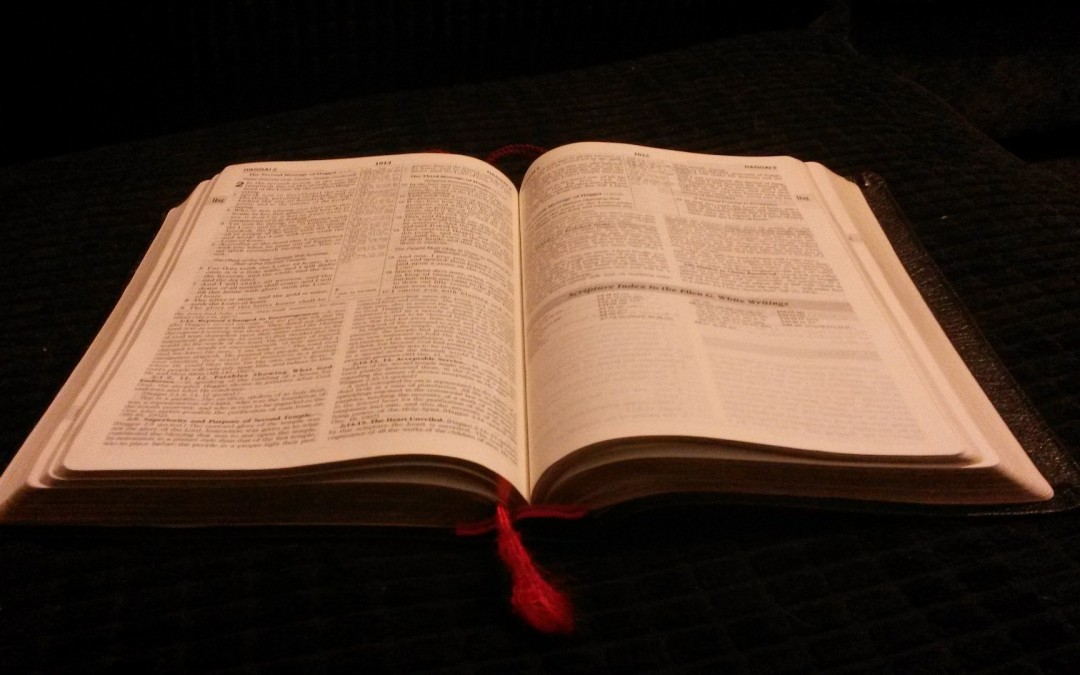There is a programme on Radio 4 called “Heresy”, in which people pronounce potentially heretical views on such subjects as whether Jerry Hall & Rupert Murdoch married for love and other major news items. I know it is supposed to be comedy, to fill that half hour between the incessant news programmes of tea time before the Archers, but somehow all its attempts to be “heretical” are fairly lightweight, and are never going to stir the Spanish Inquisition from its slumbers.
That having been said, heresy is, of course, a constant worry of the Church, and some parts of it still have guardian committees who oversee statements regarding the faith, to check them for orthodoxy and the possibility of someone actually saying something interesting. This goes on in more subtle ways, and this morning’s readings are an example of just this. So, look again at the readings from 1 Kings – Elijah raises the widow’s son – Galatians – Paul in full self-justification mode – and Luke – Jesus raises a widow’s son – and spot the heresy that the compilers of the lectionary are trying to guard us against.
Now there are two basic Christian heresies, and both relate to Jesus. One says that he was God, but not fully human, and the other states that he was totally human, but not divine. From the look of today’s Gospel, Jesus appears to be fully human, with the compassionate reaction and willingness to intervene, but also fully divine, as he brings the man back to life. So where’s the problem? There isn’t one, but if we compare the actions of Elijah in raising the young boy, and Jesus raising the man, the difference is in the process. Elijah has to call on God to raise the child: Jesus simply speaks the word, and the man lives.
This story is in our Gospels for a particular purpose: to demonstrate that Jesus is far superior to Elijah and all of the other Old Testament prophets. They had access to God, they could talk to him and receive instruction directly from him, but ultimately they were simply human beings that God could and did use for extraordinary things. Jesus, by contrast, has the word of life within him, the word of creation, God’s power and that will always set him apart.
So, having learnt that lesson, and bulwarked ourselves against that particular heresy, what have we got to take with us through this coming week? I think it has something to do with prayer. Prayer of an Elijah, prayer of Christ, prayer of the people of God.
What moves Elijah to seek the child’s restoration? The realisation that he is his mother’s only hope in the world, and that without him, she is lost. Likewise Jesus, faced with the same hopelessness, intervenes decisively to transform emptiness into wholeness.
This, for us, is achieved through practical prayer – prayer that does not simply say, “I will pray for you” but actually goes round and seeks to transform a situation. Thus, if someone is ill, spending time with them answers our prayers. If someone is hungry, taking them food answers our prayers. If someone is isolated, then accompaniment answers the prayer. So far, so straightforward.
But what about other, bigger things? How do we offer practical prayer for peace in Syria? We cannot go there and try to broker peace – how can we properly intercede for that nation? How do we pray about the referendum? I am fairly sure that there will be faithful people of God, people of prayer, who will be on both sides of the argument – does prayer have anything to do with it at all?
Archbishop Desmond Tutu was a strong advocate of intercessory prayer for situations that appear hopeless. He once talked of the ring of prayer for him and for the end of apartheid that went round the world every day. He spoke of an American nun who got up at 3am every day to pray for him – and with a wide grin he laughed, “What chance have the apartheid authorities?!” Faithful, committed prayer for intractable situations does work – but it is prayer for the long term, not just for today.
As for prayer surrounding the referendum, what there? Do we pray for a specific outcome, or in more general terms? Can we pray for honesty and clear thinking? Can we pray for a proper engagement with the subject, rather than simplistic, reach-me-down arguments? Can we pray for a desire to be part of the process, to feel that voices are heard, regardless of the outcome? Of course we can, and we must, and the practical prayer is one which makes sure that people will get out and use their democratic right, that they will have a series debate about the issues, that this is treated as a serious, social, life-affecting issue in which God is involved. We have been placed in a democracy, where our voice can be heard and should be heard – God wants us to use it.
The practical prayers of Elijah & Jesus transformed hopeless situations, restored life and recreated community. May our practical prayers this week be equally restorative, equally re-creative, and may the power of the Holy Spirit flow through our prayers to transform our lives, our community’s life and the life of the worl

